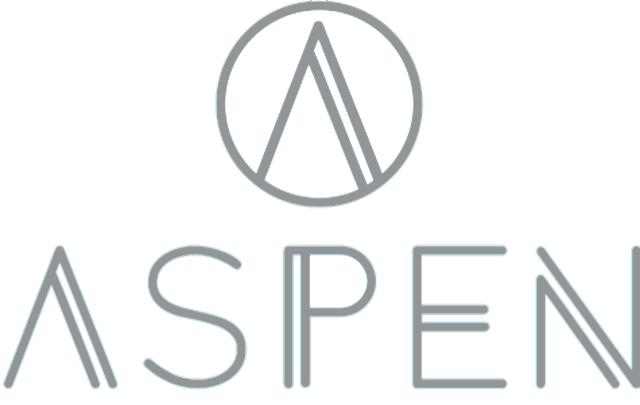*Teenage acne
Acne is a common skin condition that affects people of all ages, but it is particularly prevalent during the teenage years. Teenage acne can be a frustrating and embarrassing problem that can significantly impact a young person's self-esteem and social life. This blog will discuss the causes, symptoms, and treatments for teenage acne.
Causes of Teenage Acne
Acne occurs when the hair follicles become clogged with oil and dead skin cells. Hormones are the primary cause of acne during the teenage years. During puberty, the body produces more androgen hormones, which stimulate the sebaceous glands in the skin to produce more oil. The excess oil clogs the pores, leading to the formation of pimples, blackheads, and whiteheads.
Other factors that can contribute to teenage acne include:
Genetics: If a parent or sibling had acne during their teenage years, it increases the likelihood that the child will develop acne.
Diet: Certain foods, such as sugary and greasy, can trigger acne in some people.
Stress: Stress can increase the production of hormones that contribute to acne.
Symptoms of Teenage Acne
Teenage acne typically appears on the face, chest, back, and shoulders. The symptoms of adolescent acne can vary from mild to severe and may include:
Whiteheads: Small, white bumps on the skin caused by clogged pores.
Blackheads: Small, black bumps on the skin caused by clogged pores.
Pimples: Red, raised bumps on the skin that are filled with pus.
Cysts: Large, painful bumps under the skin filled with pus can cause scarring.
Treatments for Teenage Acne
Many treatments are available for teenage acne, and the best treatment will depend on the severity of the acne and the individual's skin type. Some of the most common treatments for adolescent acne include:
Topical treatments are creams, gels, or lotions applied directly to the skin. They can help unclog pores and reduce inflammation.
Oral medications: Oral medications are prescription medications taken by mouth. They can help reduce oil production and decrease inflammation.
Lifestyle changes: Lifestyle changes, such as eating a healthy diet, getting enough sleep, and reducing stress, can help improve acne.
Professional treatments: Professional treatments, such as chemical peels, microdermabrasion, and light therapy, can help to reduce acne and improve the appearance of the skin.
How is acne IPL treatment carried out at Aspen?
Acne IPL (Intense Pulsed Light) treatment is a non-invasive procedure that uses broad-spectrum light to target the bacteria that causes acne. Here are the steps involved in the treatment:
Preparation: The skin is cleaned, and a cooling gel is applied to the area to be treated.
Application of IPL: The IPL device is placed over the skin and emits short bursts of broad-spectrum light. The light penetrates the skin and targets the bacteria that causes acne, reducing inflammation and redness.
Cooling: After each light pulse, the skin is cooled using a chilled tip or cooling gel to minimise discomfort.
Post-treatment care: After the treatment, a moisturiser and sunscreen are applied to the skin. Patients are advised to avoid direct sunlight and to use a broad-spectrum sunscreen with a high SPF.
It is important to note that the number of sessions required for acne IPL treatment depends on the severity of the acne and the individual's skin type.
Prevention of Teenage Acne
Preventing teenage Acne can be challenging, but some things can be done to reduce the risk of developing Acne. Some tips for preventing teenage Acne include:
Keeping the skin clean: Washing the face twice daily with a gentle cleanser can help remove excess oil and prevent clogged pores.
Avoid picking at pimples: Picking can cause scarring and worsen Acne.
Using non-comedogenic products: Using products labeled "non-comedogenic" means they won't clog pores and cause Acne.
Wearing loose-fitting clothing: Tight clothing can trap sweat and oil against the skin, leading to Acne.
Conclusion
Teenage Acne is a common problem that can be frustrating and embarrassing. However, most teenagers can improve their Acne and regain confidence with the proper treatment and prevention strategies. If you or someone you know is struggling with teenage Acne, text or call us at Aspen Hair, Beauty and Laser 07984514992 for guidance on the best treatment options.
Click here for more information about Acne.
For pricing for individual areas or to arrange a patch test, call or text 07984514992
www.aspenbeauty.co.uk
